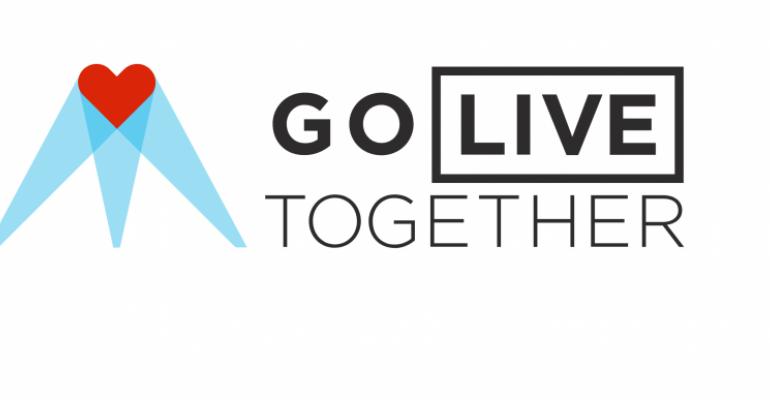Freeman, the global event, exhibition, and conference company, has launched a coalition of industry organizations to educate local and federal legislators on the importance of the industry and request support to help it recover and relaunch.
The advocacy group Go Live Together was formed by Freeman, the family-owned U.S. live event producer, and a coalition of more 80 industry partners including trade show and event companies Avixa and Clarion, and destination agencies such as the Las Vegas Convention and Visitor Authority.
Go Live Together plans to request, “funds to offset the added costs of hosting an event post COVID-19, and for funds to incent people to attend live events when it is safe to do so.”
Sue Sung, SVP corporate strategy, at Freeman, explains, “We are still in the early days of Go Live Together and specific language around fund offsets and incentives have not been developed; there are many things that are on the table. We are working with partners and lobbyists to draft the technical language now, understanding we’re still a little early to be discussing recovery.” Some of the options under consideration could include funding to offset the added costs of safety measures (personal protective equipment, extra sanitization protocols, and staff training), or tax credits to encourage business travel and participation in trade shows and exhibitions.
The coalition will provide guidance on a number of issues for the live event industry, including policies from a safety task force for preparing to reopen after the pandemic. As well as advocating for funding to help reopen events, the coalition is supporting the Trade Show & Event Recovery Act proposed by the U.S. Travel Association, and other legislation that will benefit the industry. Meeting professionals can contact [email protected] to join the advocacy efforts.
Bob Priest-Heck, CEO of Freeman, said, “It’s indisputable that live events have significant, quantifiable economic impact,” in a statement that noted that in 2019 the events industry employed three million workers and contributed nearly a trillion dollars to the U.S. economy. Priest-Heck continued, “Protecting the industry means protecting key economic and social drivers that not only impact jobs today, but also the development of the next generation of businesses.”





